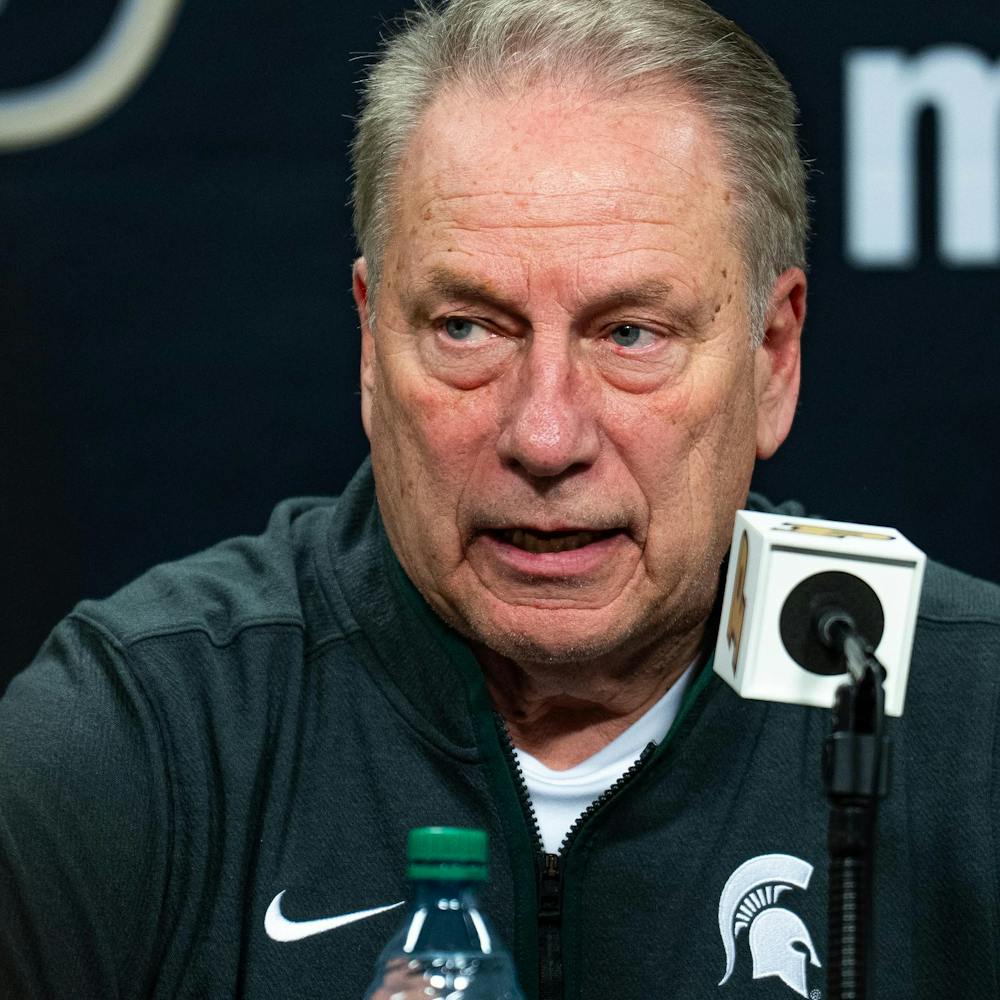The term “music pirating” makes me think of some guy with an eye patch, a parrot and a wooden leg surfing the seven electronic seas and pillaging poor music artists of their hard-earned and well-deserved money.
These “music pirates” are evil people who don’t care about the law and enjoy watching the established music industry burn.
But this image draws a few arguments. Most importantly, the people I know who pirate music don’t wear eye patches.
Just because something is against the law does not necessarily make it wrong. Any one of us could probably name several historical examples of this off the top of our head.
Good citizens break the law every day in one way or another, whether it be jaywalking or driving a few miles per hour over the speed limit. Breaking these laws doesn’t make us feel like bad citizens.
In the same way, illegally downloading music should not be considered wrong simply because it is illegal.
I am not advocating breaking the law, only reconsidering some current laws and practices.
To start, the copyright laws are, well, a little strange. Even if you think you’re following all the laws, you’re probably breaking some.
If you’ve ever ripped music off a CD that you legally bought in order to put it onto your iPod, you broke a copyright law.
If you’ve ever sat at home with a few friends or thrown a party and then played that CD without getting the proper license to do so, you’ve broken copyright law.
If you shoplift a CD, that is theft, but you are not breaking a copyright law.
Ironically, in the United States, you could get a steeper punishment for downloading a CD than stealing it.
Some people say that by illegally downloading music, we are depriving artists of their hard-earned income, but this isn’t true.
Most artists don’t make money from CD sales. And if they do, they don’t make very much. Very few artists actually have contracts that allow them to make money off CD sales.
Most of their money is made from touring and sponsorship, and the best way for artists to publicize themselves is through having people listen to their music.
The more people that are exposed to their work, the more likely they are to have a large fan base and, therefore, sell more concert seats and get more sponsorships.
In reality, free and easy distribution of an artist’s work actually helps the artist. Worrying about taking the bread out of an artist’s mouth by illegally downloading music is unfounded.
But what of the record companies’ argument that peer-to-peer downloading robs them of their CD sales?
The authors of a 2004 study at Harvard University and the University of North Carolina said, “We find that file sharing has only had a limited effect on record sales. …
While downloads occur on a vast scale, most users are likely individuals who would not have bought the album even in the absence of file-sharing.”
Support student media!
Please consider donating to The State News and help fund the future of journalism.
If all peer-to-peer downloading stopped, it would not increase CD sales.
It’s a changing world with new technology. The music industry sees this as a threat to the way they do business, but I have little sympathy for the industry.
Throughout history, new technologies have threatened old practices, yet old industries found ways to continue to succeed.
Online stores didn’t kill malls, light bulbs didn’t kill the wax industry and margarine didn’t kill butter. Each of these examples found a new niche in the market to exploit and, in the process, helped make a better free market.
The music industry is perfectly capable of finding ways to exploit this new technology. According to The International Federation of the Phonographic Industry (IFPI), 95 percent of music sales in China are pirated copies.
Despite this, the music industry in China still continues to thrive. American record companies undoubtedly will have to find a new business model but will eventually succeed. They are just resistant to change their outdated models until they are forced to do so.
Alex Freitag is a State News guest columnist. Reach him at freitaga@msu.edu.
Discussion
Share and discuss “Pirating music not harmful to artist” on social media.






